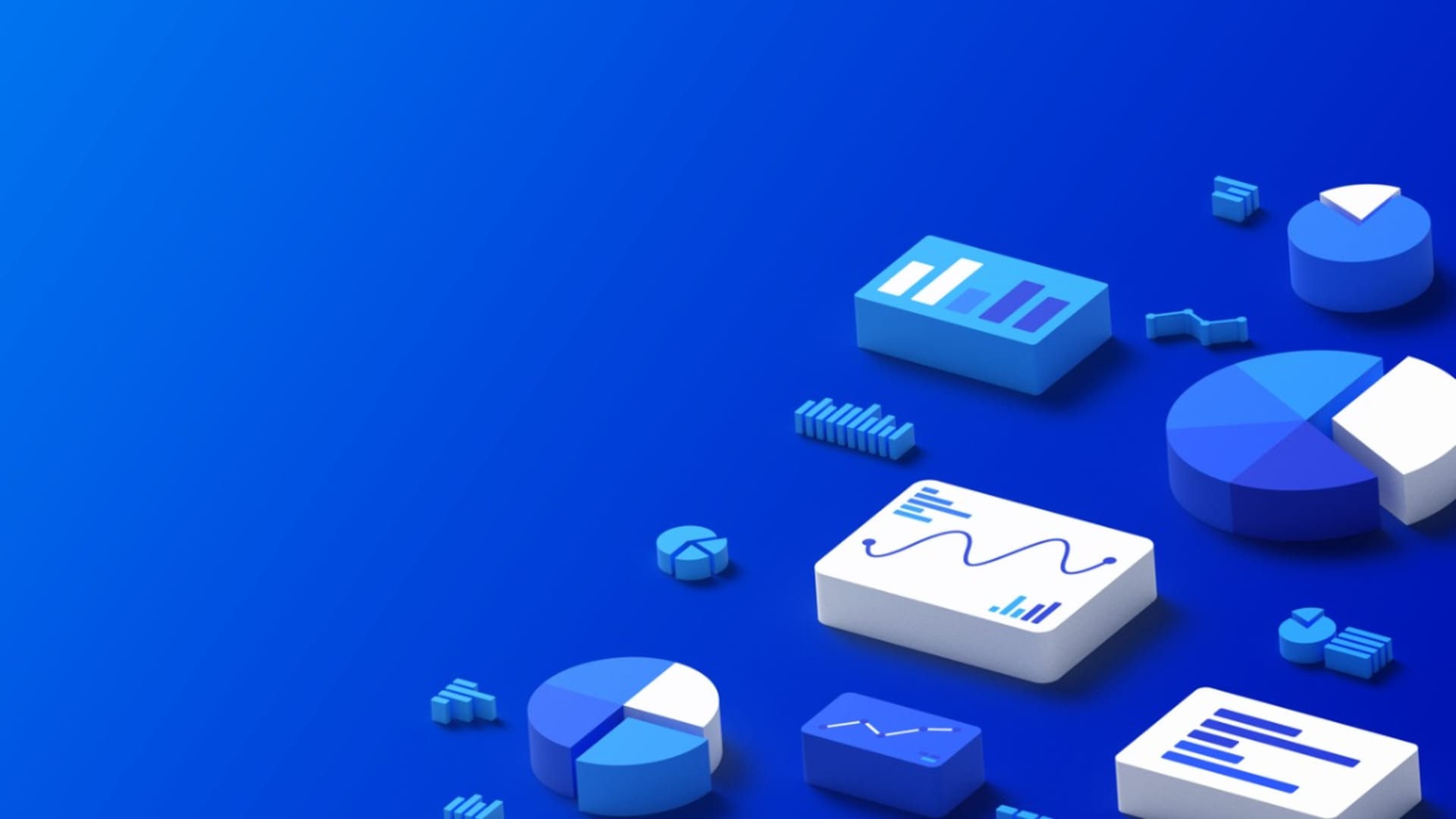Flask is a popular development framework for building web applications using Python. It’s a go-to choice for development teams working on small to medium-sized projects because of its simplicity and minimalistic design. BairesDev helps companies succeed with their custom software development and web development projects with the power of Flask services.
Our Flask Development Services
With its lightweight and flexible nature, Flask helps the BairesDev development team build web apps and complete web development projects in Python for a variety of businesses and project types. From web apps and APIs to microservices and data visualization, Flask is an excellent tool for assisting with small and medium-sized endeavors.
Flask Web Application Development
Flask enables the creation of dynamic and interactive websites, making it a popular choice for web app development. The framework combines routing, templating, and database integration to handle a variety of tasks, including defining routes, handling user requests, rendering HTML templates, and interacting with databases. This further facilitates the building of feature-rich web apps and makes Flask a preferred framework for web dev.
Flask API Development
The Flask framework is a great choice for RESTful API development work as it offers robust capabilities for creating APIs. By leveraging Flask’s request handling and routing features, BairesDev developers have the ability to define API endpoints while effortlessly managing HTTP methods such as POST, GET, PUT, and DELETE. The Flask-RESTful extension then further streamlines API development work with convenient functionalities like input validation, response serialization, and request parsing.
Flask Microservices Development
The lightweight and modular design of Flask makes it ideal for developing microservices. Flask enables the breakdown of large applications into smaller, independent services that communicate seamlessly with each other. BairesDev developers leveraging Flask gain the ability to create individual microservices with unique APIs and functionality. This simplifies the management and scalability of complex apps significantly.
Flask Prototyping
The simplicity and user-friendly nature of Flask make it an ideal framework for the development of prototypes and proofs of concept. Flask features a minimalistic design that facilitates a quick setup of basic applications, route definitions, and the implementation of core features. With its built-in development server, the framework also enables rapid testing and iteration, thus providing an efficient means for validating ideas and showcasing functionalities.
Flask Data Visualization
Along with visualization libraries such as Plotly, Bokeh, or Matplotlib, Flask is a solid choice for building interactive data visualization apps and dashboards. With it, BairesDev developers create visual representations of data, generate charts, and provide interactive user interfaces for data analysis and exploration. Flask also offers templating capabilities which allow devs to render dynamic visualizations and the ability to update them based on user input.
Our Flask Web Development Process
BairesDev uses the Flask framework for many different types of projects, companies, and industries. As a lightweight, simple tool, Flask empowers dev teams to build projects rapidly and successfully.
Discovery
The first step of a Flask development project is discovery with the client. During this phase, the BairesDev dev team gathers project requirements and analyzes them. This phase also includes an understanding of the objectives of the project on both the dev team’s side and the hiring company’s, the user needs, and the technical constraints or standards required.
Wireframe
A wireframe acts as the development team’s blueprint when building an app or website’s layout, structure, and functionality. When using Flask for development, teams often create wireframes to detail the overall design of the user interface, including the navigation flow, placement of elements, interaction patterns, and so on. This greatly aids in the planning and visualization of the end product.
Development
During the development phase of a Flask project, BairesDev development teams implement the wireframes and design specs into the actual web app. This involves writing the code, handling requests, integrating databases, defining routes, and implementing necessary functionalities. The modular and flexible structure of Flask facilitates more efficient development of apps while still allowing for customization to meet project requirements.
Testing
Testing is an important phase of every development project to ensure that the app or website meets the quality and functionality standards needed by the client. During this process of Flask development, BairesDev teams employ various testing methodologies, such as integration testing, unit testing, and end-to-end testing to verify the app or website’s behavior, identify bugs or errors, and ensure that the project meets all specified requirements. Flask provides developers with tools and frameworks to further facilitate testing and to ensure the stability and reliability of the app ahead of deployment.
Deployment
After the dev teams test and fix any issues in the app or website, we then deploy the Flask project to a configured production environment. This involves setting up servers and hosting platforms and deploying the Flask application code. Flask facilitates more flexible deployment options and gives developers the ability to choose their platform and configure necessary settings.
Benefits of Flask for Software Development
Flask is a beneficial framework for development for a variety of reasons. As a Flask development company, BairesDev leverages these benefits to help companies succeed.
Flexibility and Modularity
Flask offers developers quite a bit of flexibility by allowing dev teams to choose the components and libraries they prefer for each project. It follows the “micro” approach and provides only the necessities while leaving room for customization. The modular structure of Flask also makes it easy to extend functionality and enables seamless integrations.
Simplicity and Minimalism
By design, Flask is simple and minimalistic, which makes it easy to learn, maintain, and use. The lightweight nature of the framework also allows for faster development and encourages devs to maintain organized, clearn code. This then translates into faster development cycles and reduced complexity.
Python-Based Framework
Flask is a framework based on Python and leverages the language’s strengths, such as ease of use and readability. It’s an excellent choice for developers already familiar with Python on its own as they leverage their existing coding practices and knowledge.
What is Flask?
Flask is a flexible and lightweight web development framework based on the Python programming language. Developers utilize it for building web apps as it offers a minimalistic design. This means devs have more control over application structures and benefit from features like templating, database integration, and routing.
Why Choose BairesDev for Flask Development
Companies around the world trust BairesDev as their go-to outsourcing provider for their IT and software development needs.
Customer Satisfaction
BairesDev clients trust and enjoy working with BairesDev on their IT and development projects. From huge global brands like Groupon and AP to smaller companies such as Sana Sano Consulting and Acumen Physician Solutions, companies of all sizes and industries choose to outsource to BairesDev in long-term relationships.
Agile Procedures
BairesDev utilizes Agile procedures for Flask development and beyond. This development methodology encourages collaboration, adaptability, and iterative development while ensuring continuous improvement and faster time to market. Agile procedures also help foster a working environment with efficient communication across teams, more flexibility and adaptability when responding to client changes, and a focus on providing value-driven products.
Dedicated Teams
Hiring a dedicated team is an outsourcing practice that allows companies to work with only the skilled professionals they require while ensuring they are dedicated to their company. This practice means focused attention, seamless collaboration, and more efficient communication. BairesDev offers dedicated team services to promote knowledge sharing between client and team, enhance productivity, and enable faster decision-making.
Flexible Engagement Models
Hiring companies also have the option to hire outsourced developers via staff augmentation and software development outsourcing. Staff augmentation involves companies only hiring the necessary team members they require. This is a great option when companies need access to niche talent or just more hands on deck to get the job done. Software development outsourcing involves handing over the reins to an entire project to the BairesDev development team to get the job done without needing to hire anyone in-house, thereby saving time and money.
Conclusion
Flask is a lightweight and flexible framework for web development and web applications that utilizes the Python programming language. With a minimalistic design and feature-rich offerings, Flask is a go-to choice for development teams for the creation of dynamic websites, APIs, and microservices.
If you enjoyed this, be sure to check out our other web development articles.
- What is Grails?
- What is Redux and Why It Matters in Web Development
- What is Sustainable Web Design and Why Does It Matter
- What is Web Design?
- Why your Company Should be Using Custom Websites
Frequently Asked Questions
How does outsourcing to a Flask development company work?
To outsource Flask development, companies must find the right development partner for their needs after going through an internal discovery and planning process. After hiring, the company and the outsourced team plan and prototype the project, followed by development, testing, and deployment.
Can I hire Flask developers on a full-time basis?
Companies may hire Flask developers on a full-time basis via traditional in-house hiring and recruiting or by choosing to outsource via staff augmentation, dedicated teams, or full software development outsourcing.
What kind of applications can you build using Flask?
Developers can build a wide variety of Flask apps, including content-based websites, dynamic web apps, RESTful APIs, microservices, and prototypes or proof of concepts.







